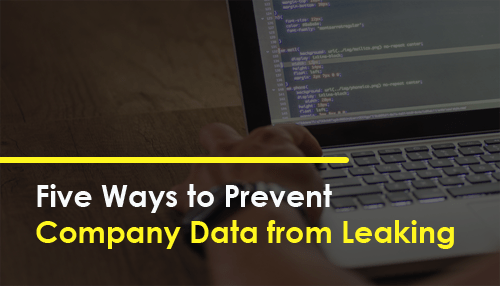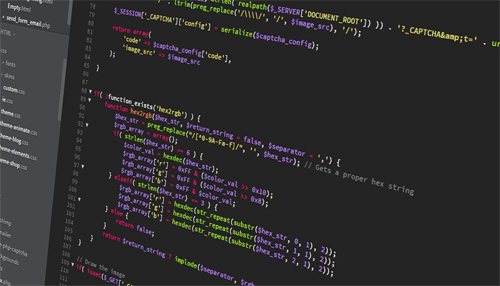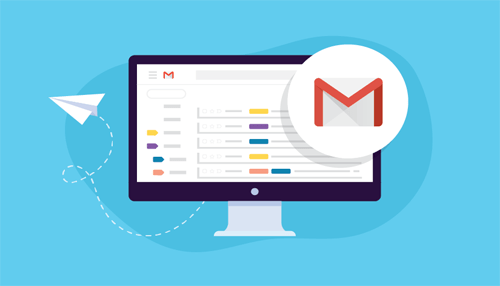The very assets of every company are also its greatest liability. While employees are the ones who help the business thrive, they could also bring it to ruin should they do something unethical. Could one particular action bring a company to its knees? An employee sharing sensitive information with a rival business or the general public. Ways to prevent company data from leaking are crucial to maintaining security and protecting business assets.
If you want to keep your company data in safe hands, make sure that you implement strict information security policies in the workplace and take the following steps.
1. Clarify what’s considered to be sensitive information
Some employees share sensitive data not because they intend to divulge this to other people in the industry. It’s just that they aren’t aware that this information is supposed to be confidential.
To avoid this mistake brought about by negligence, inform your employees what types of information are confidential and which ones are okay to be shared with others. Listed below are examples of data that shouldn’t be shared:
- Trade secrets
- Supplier information
- Client information
- Financial information
- Acquisition plans
- Marketing strategies
- Employee information
2. Implement strict information-sharing procedures
The next thing you should do is to come up with a procedure on how to handle sensitive data. There will be times when you need to share confidential information with another person, so your employees should know what exactly to do.
The process should include how to store, send, and retrieve these types of data so that no one will be careless. No one should let confidential data sit idly in their email addresses or even on their hard drives. That data should always be kept in a secure server.
3. Disallow the use of personal emails
According to reports, many companies suffer from data leakage just because their employees use personal emails when in the office. Employees using their emails at work is risky because you can’t secure them. You also won’t have an idea of what they could be sending through their accounts.
Make sure that everyone at work uses only their company email when inside the office and every time they share work-related information. This way, you’ll be able to set security parameters to prevent important and confidential data from being leaked.
4. Empower the IT department
You should also empower your IT department to enforce strict measures when it comes to accessing and handling sensitive information. Your IT team can do some research on cloud storage systems and look for firms that offer highly effective security measures to prevent your employees from getting confidential information.
5. Inform employees about recordkeeping services
Finally, let your employees know that you have hired or are in the process of hiring people for archive services. This means that you’ll implement a protocol wherein every data transfer is monitored vigilantly. So, if one employee decides to share information via a social media platform, for example, you have the means to track down the culprit.
Handling sensitive information properly is very important because any confidential data that gets leaked can be detrimental to the company. Adopt the suggestions above and see how they can help you secure all the data in your business.





